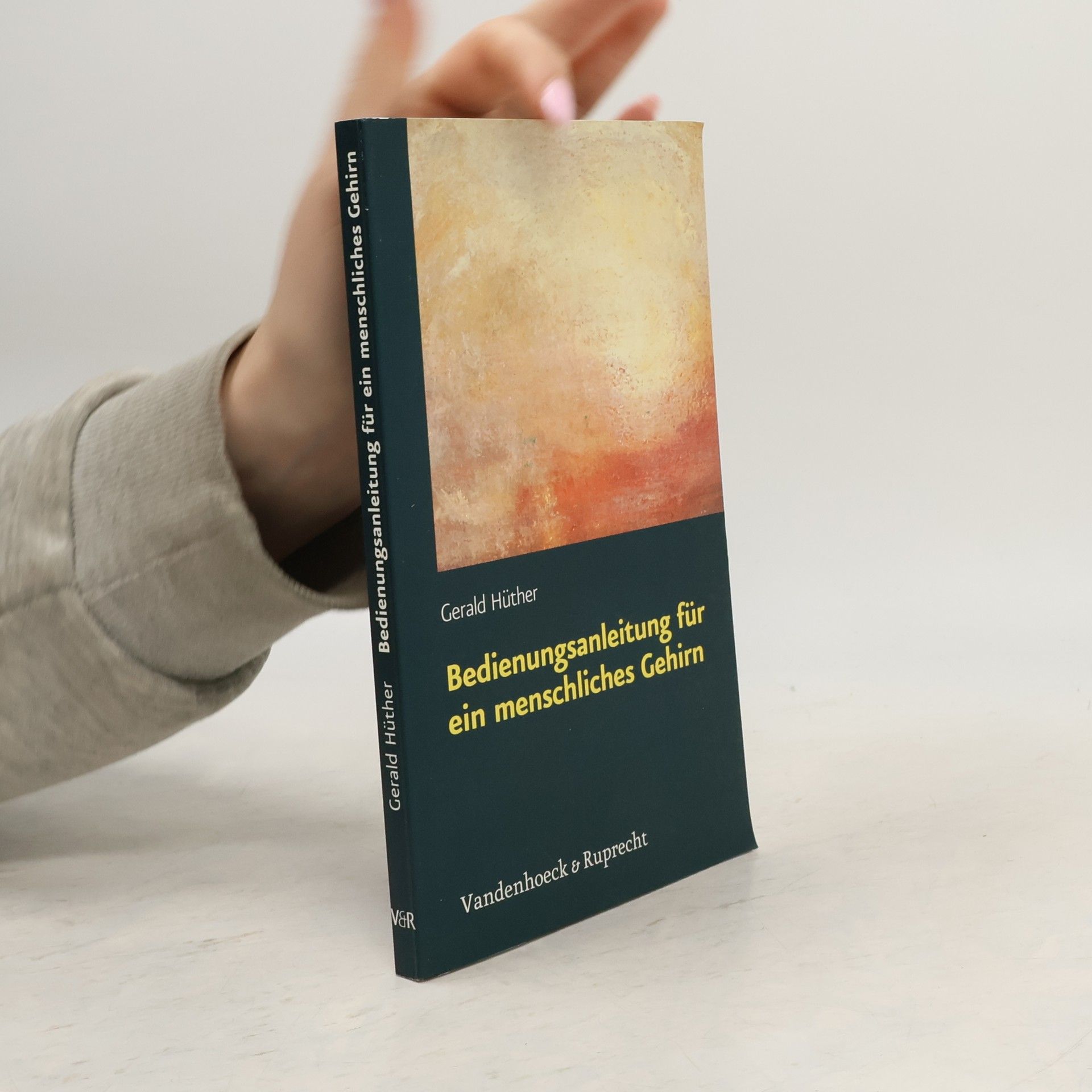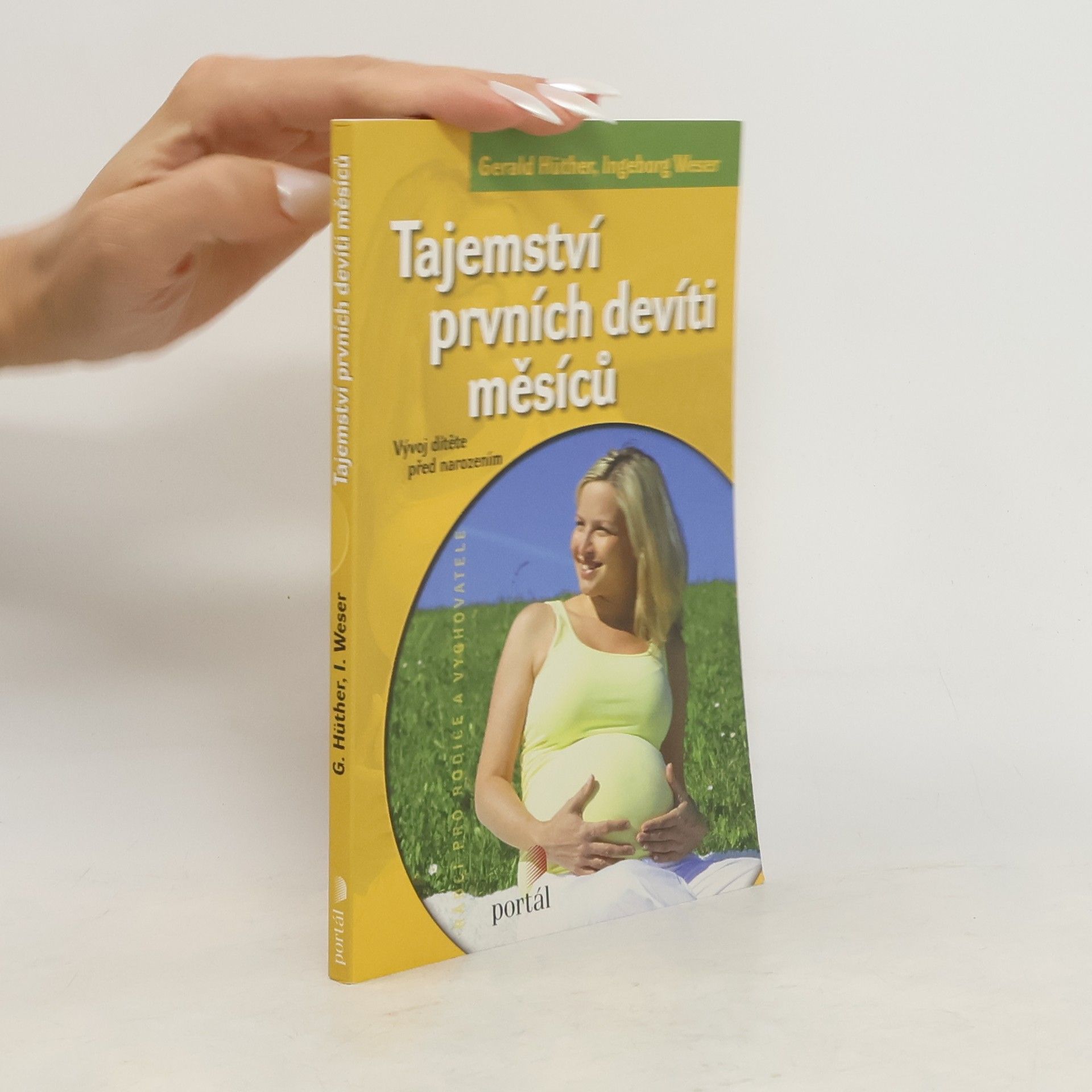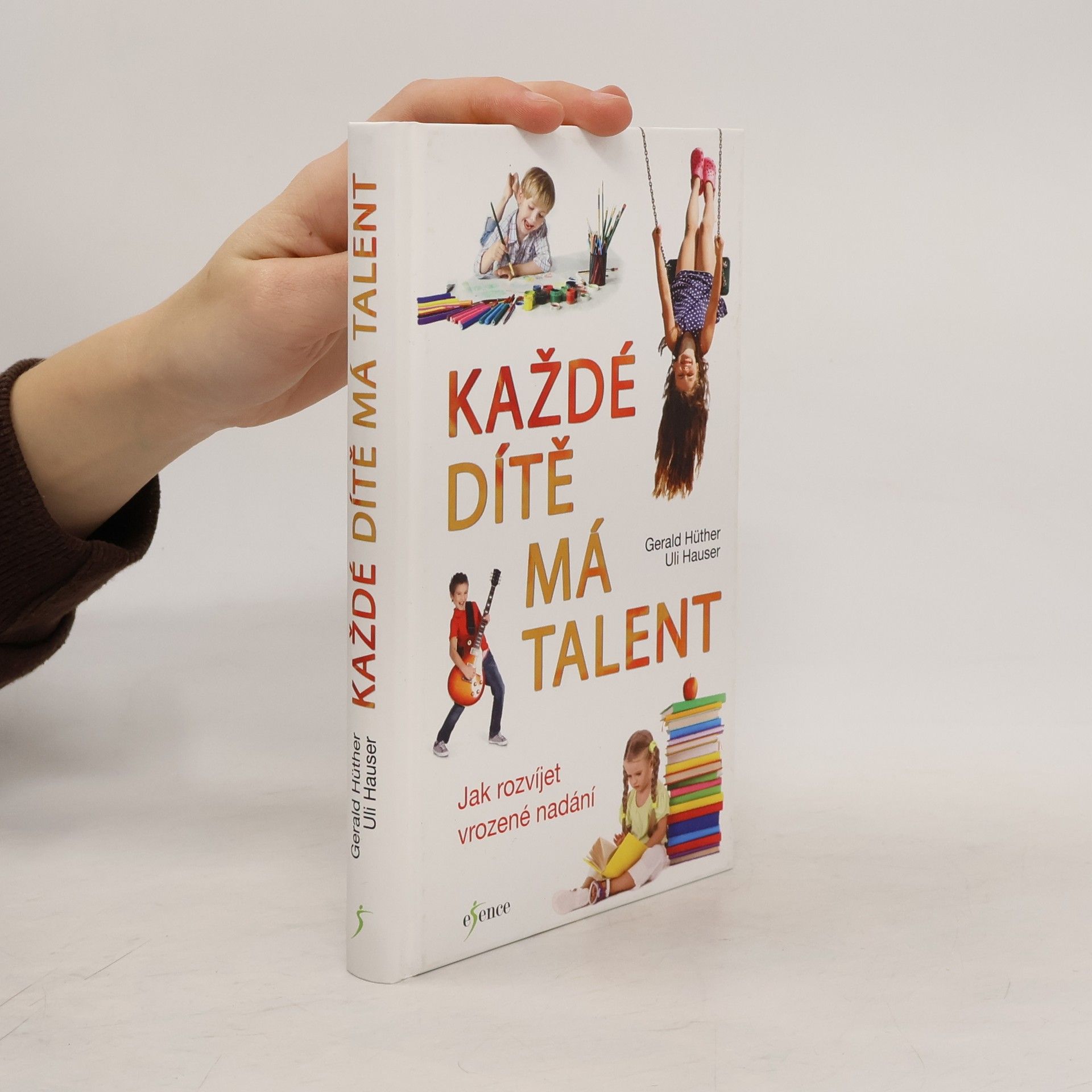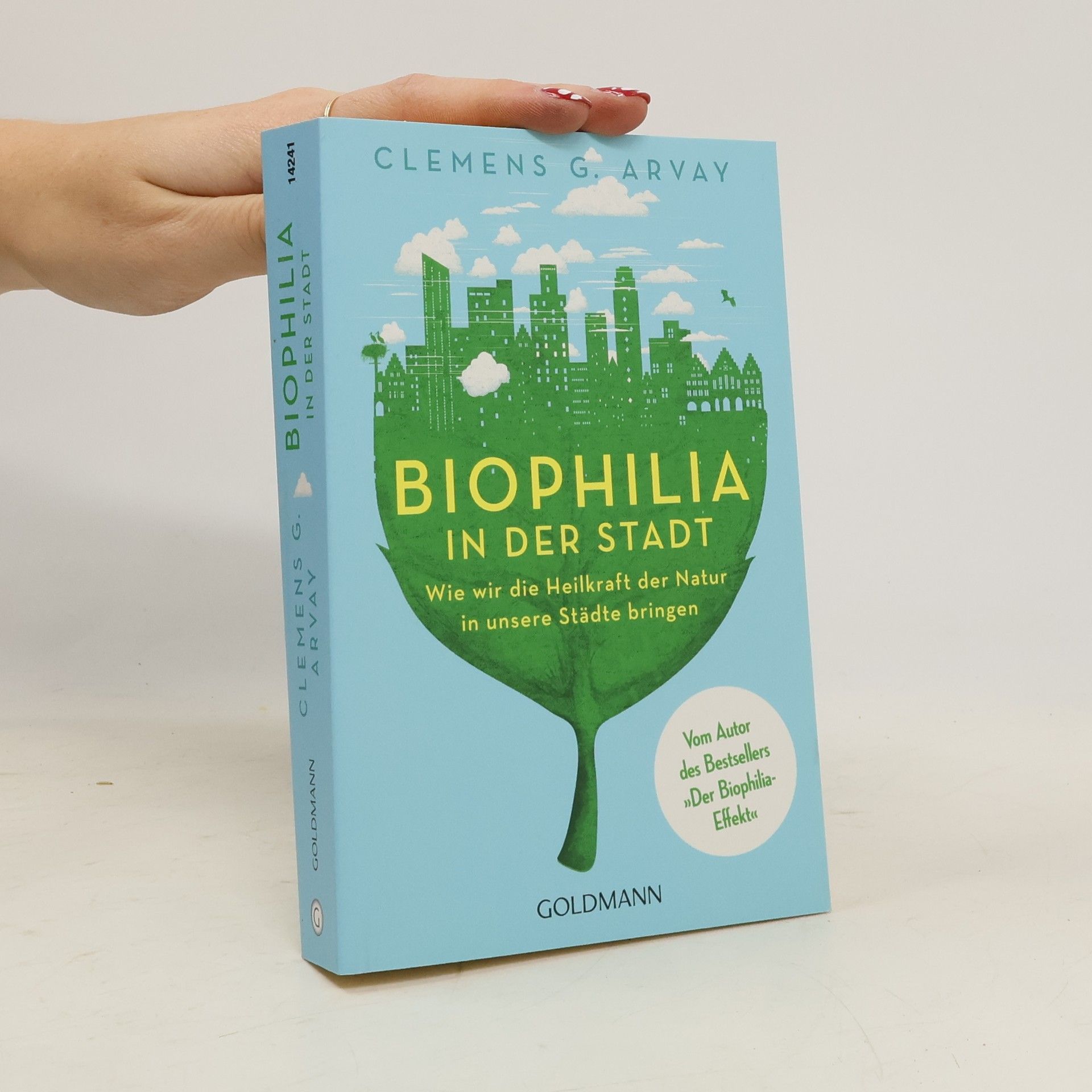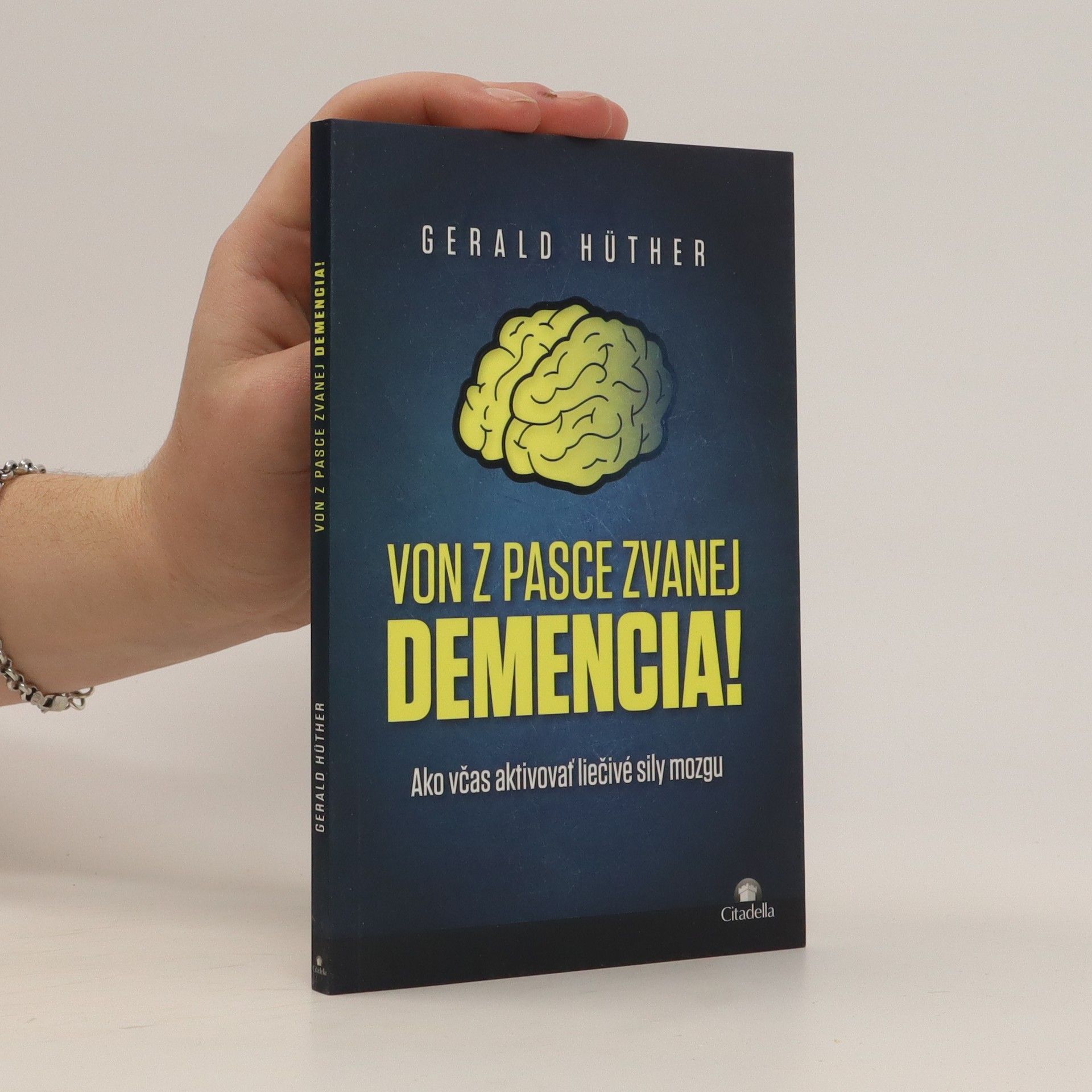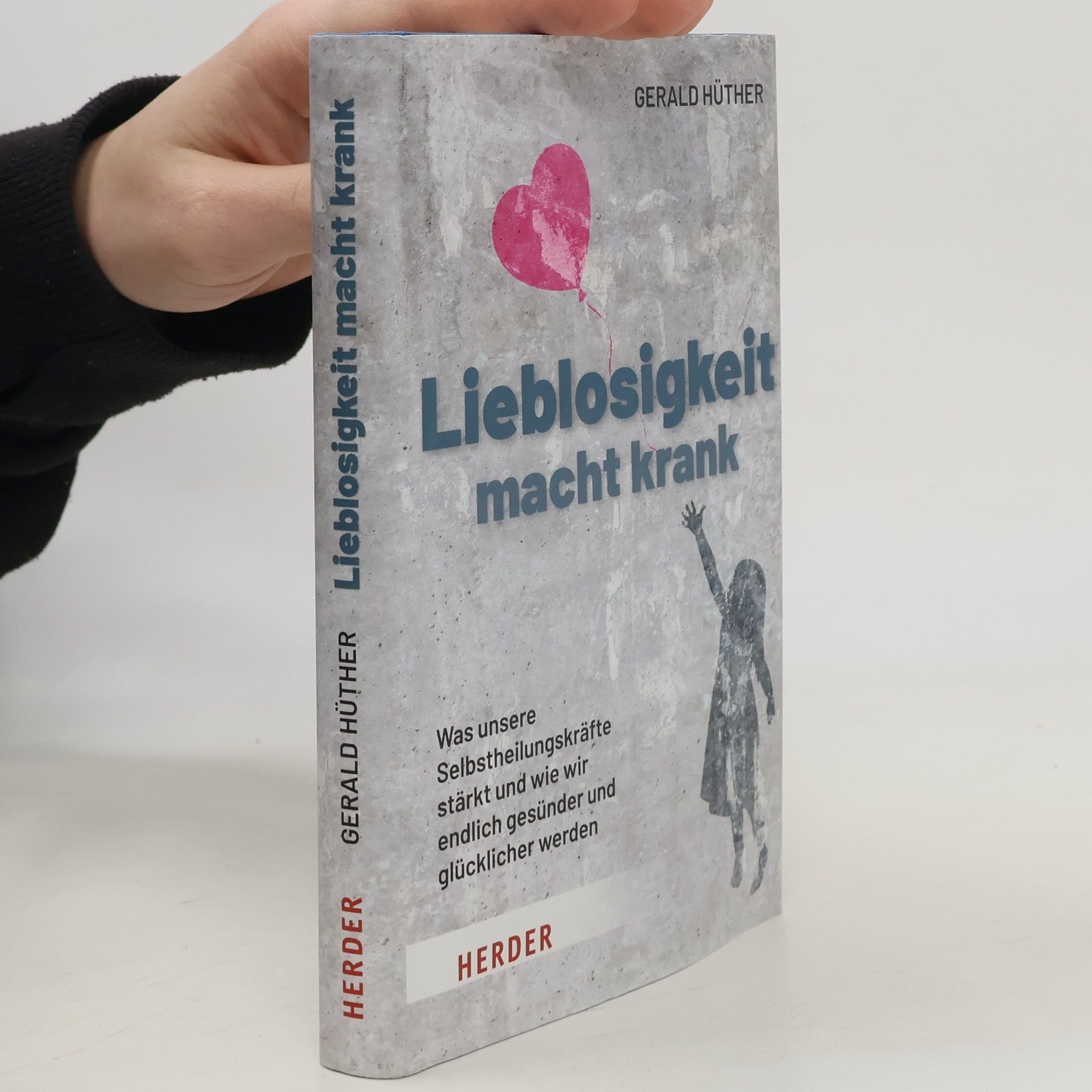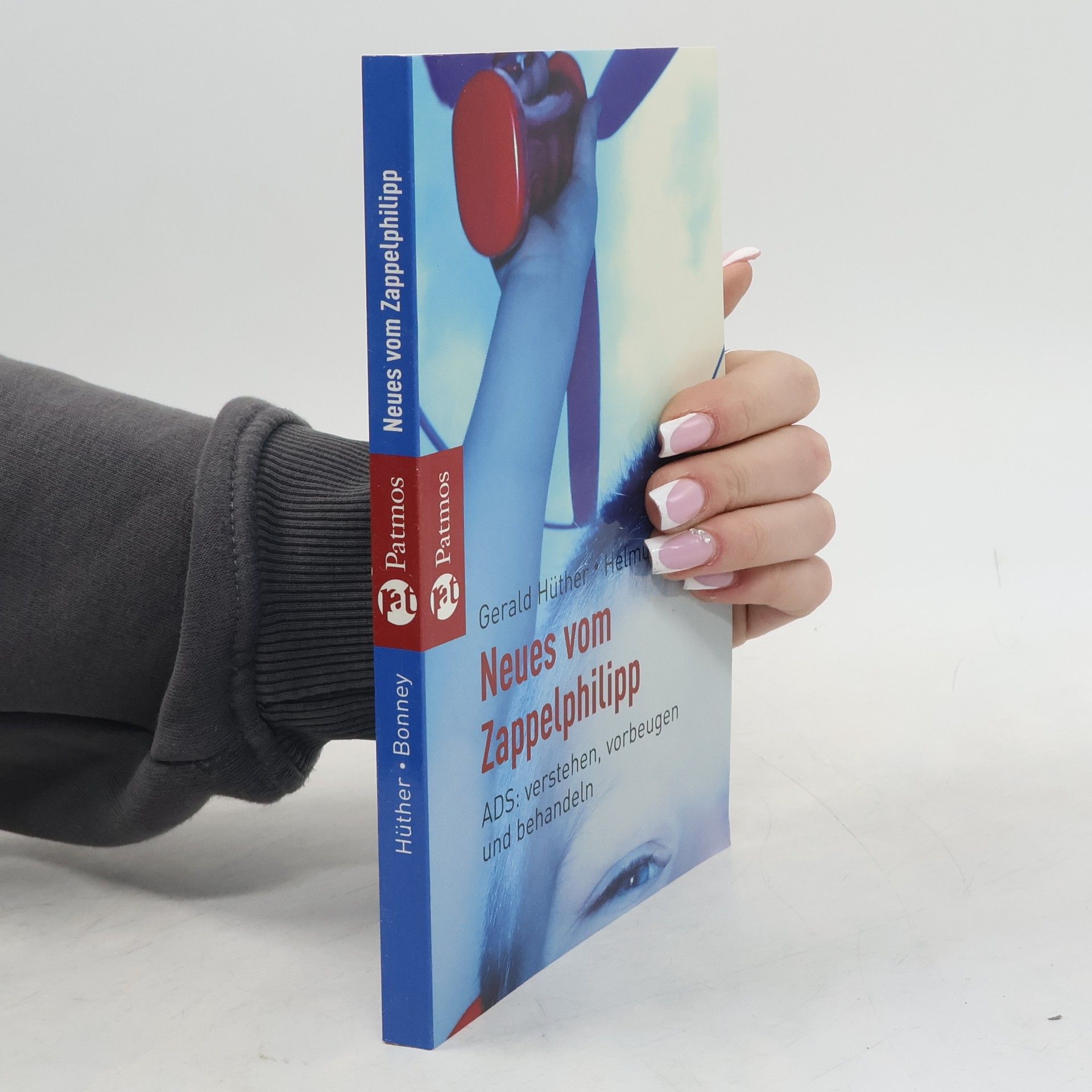Von z pasce zvanej demencia
- 118 stránok
- 5 hodin čítania
Demenciu má stále viac ľudí. Ak nenastane zmena vo výskume a spoločnosť nezmení svoj postoj, máme sa čoho obávať. Gerald Hüther, jeden z renomovaných nemeckých odborníkov na ľudský mozog, nám v jeho revolučnej knihe veľmi jednoduchým spôsobom vysvetľuje, ako sme sa dostali do tejto katastrofálnej slepej uličky. Jeho teória: Demenciu nespôsobujú odbúravacie procesy a usádzanie v mozgu súvisiace so starnutím, ale potlačenie schopnosti mozgu regenerovať a kompenzovať. Tieto procesy by mali prebiehať aj v mozgu človeka vo vysokom veku. Neuroplastický potenciál však strácame, pretože žijeme v podmienkach, v ktorých sa nevieme tešiť z objavovania a prestávame aj tvoriť. Dobrá správa pre všetkých: Z tejto pasce môžeme uniknúť. Hüther v knihe vysvetľuje ako. Je načase, aby nastala zmena paradigmy.
